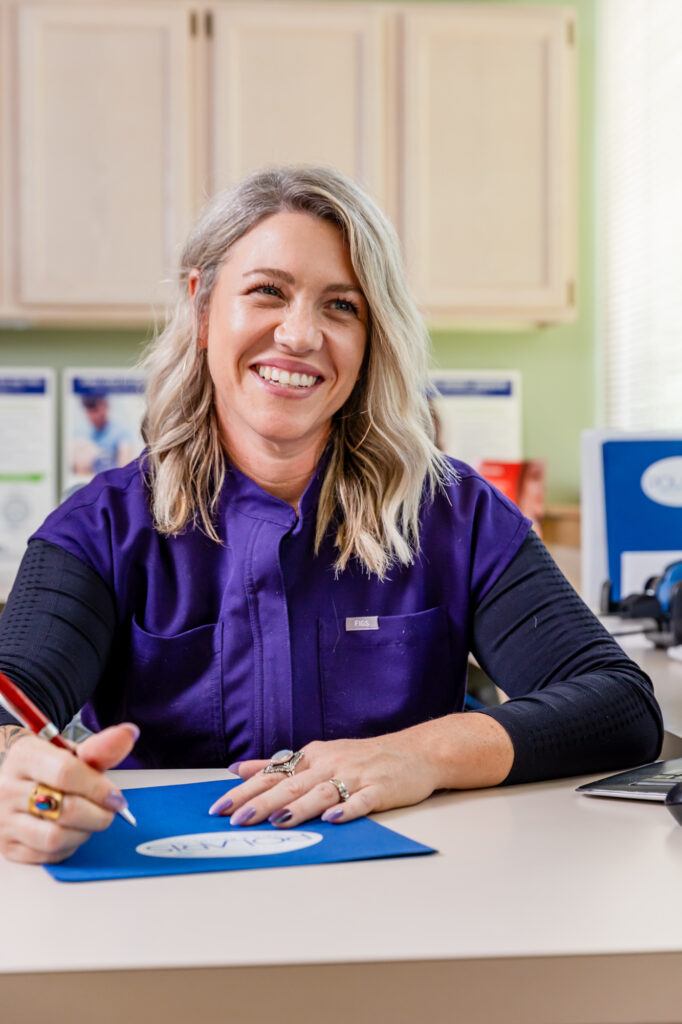
False Facts About Varicose Veins You Should Stop Believing In
Varicose veins can be ugly, painful, and lead to more severe health issues if ignored. But what causes them? Maybe you’ve heard some old wives’ tales that sound like a bunch of baloney. But what if they’re true? Here are 12 myths about varicose veins to help separate fact from fiction.
1. Varicose veins are only cosmetic and not a health problem.
FALSE. Varicose veins develop when the valves in the veins stop working correctly, causing blood to pool in the veins and create added pressure. If left untreated, decreased blood flow because of varicose veins can lead to more severe health problems like blood clotting, swelling, pain, changes in the quality of the skin and its ability to heal, skin discoloration, etc.
2. Only old people get varicose veins.
FALSE. While the risk increases as people age, varicose veins can affect young adults as well. Why? Three of the causes of varicose veins are heredity obesity and pregnancy, which means even teenagers can get varicose veins.
3. Only women get varicose veins.
FALSE. Men get varicose veins too and the treatments are the same. Women, however, are at higher risk due to hormone fluctuations from pregnancy, birth control pills and menopause.
4. Too much exercise causes varicose veins.
FALSE. Exercise improves blood circulation, especially cardiovascular exercise like brisk walking, jogging, swimming, and biking. Exercise also helps control your weight, which is good for your veins and your heart.
5. Too much standing causes varicose veins.
MAYBE. Not every person who stands or sits all day is guaranteed to develop varicose veins but it does increase the risk. Our bodies don’t like to be in one position for too long, so if you have a job that requires extensive sitting or standing make sure to take frequent breaks for short walks. Here’s more info on jobs that cause varicose veins.
6. If your parents have varicose veins you will get them too.
MAYBE. While it is not a guarantee, heredity is one of the factors that can lead to developing varicose veins, so if one or both of your parents are affected, your risk is increased.
7. Pregnancy causes varicose veins.
MAYBE. While there is no single cause of varicose veins, pregnant women have a higher risk of developing them due to hormone changes and the added pressure on the veins as the uterus grows. Here’s more info on pregnancy and varicose veins.
8. Crossing your legs when sitting causes varicose veins.
FALSE. Other factors like obesity, heredity, pregnancy, and age are more realistic causes of varicose veins. It is recommended, however, that you should sit with both feet on the floor or raised on a footstool to increase blood flow through the legs.
9. Wearing high heels causes varicose veins.
FALSE. This myth has the same logic as crossing your legs. However, wearing very high heels (over 3 inches) for long periods of time can put a strain on your calves, negatively impacting blood flow in your legs; so, while it is not a primary cause of varicose veins, it is not recommended.
10. Spider veins are the same as varicose veins.
FALSE. Varicose veins can be large, twisted, raised and swollen, and may be painful or warm to the touch. Varicose veins should not be ignored as they can lead to more severe health problems. Spider veins are small, thin and close to the skin’s surface, and are usually harmless and treated for cosmetic reasons.
11. You only need to treat varicose veins if they hurt.
FALSE. Why wait for symptoms to develop when treatment is readily available? It makes sense to be proactive about varicose veins and take care of your health.
12. Surgery is the only treatment option.
FALSE. There are many different treatment options for varicose veins that are minimally-invasive with zero downtime and a quick recovery. Treatments are completed in the office and most require only a local anesthetic. These treatments are considered minimally invasive.
If you suffer from varicose veins, the Columbus Vein Center can help. Contact us today to schedule a consultation and find out your treatment options. We’re happy to answer your questions and get you on the path to better leg health.
